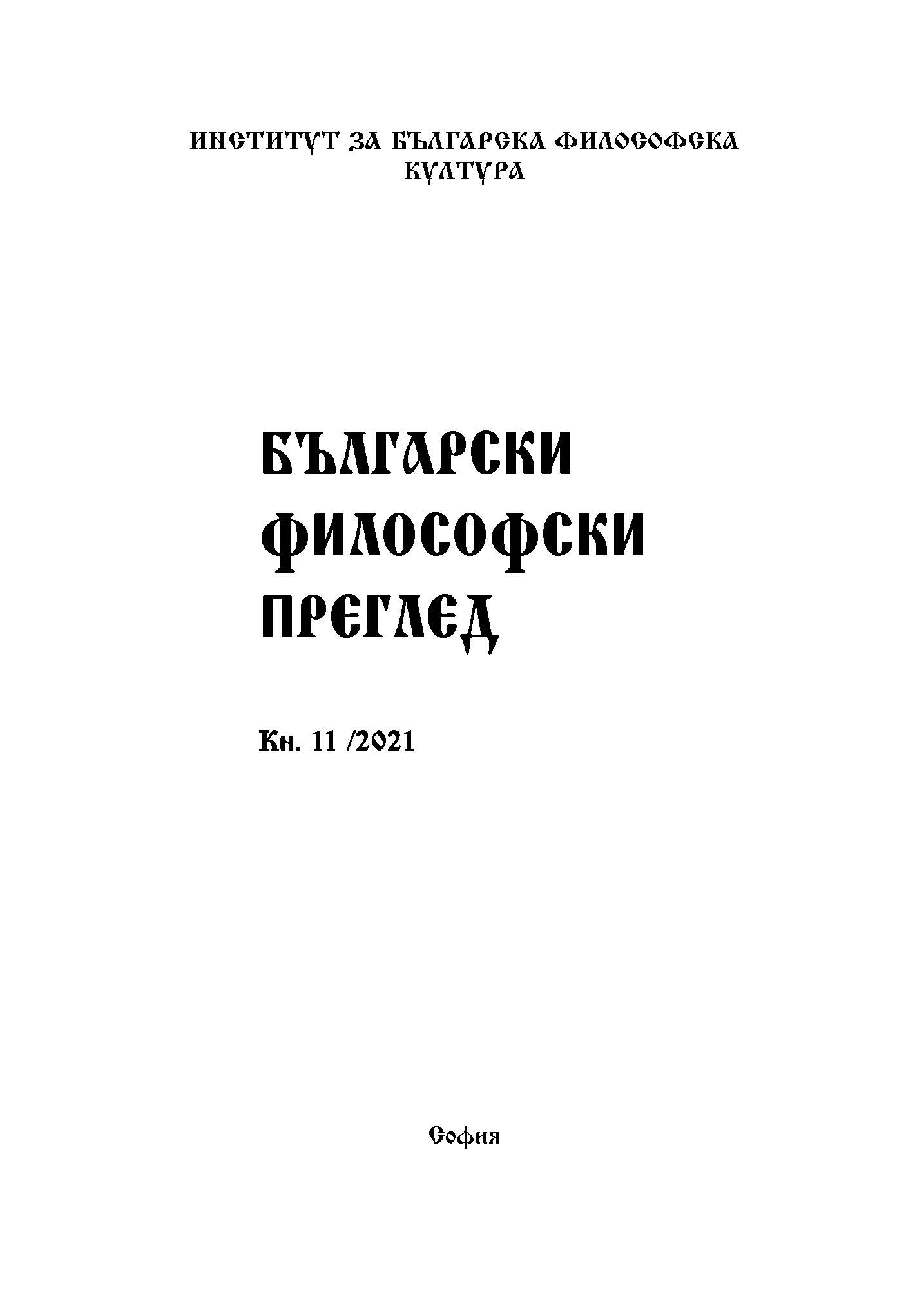Ерос е изкусен ловец или още веднъж за неписаните учения и Платоновата философска система
Eros is a cunning hunter or once again about the unwritten doctrines and Plato's philosophical system
Author(s): Tsocho BoyadzhievSubject(s): Christian Theology and Religion, Philosophy, History of Philosophy, Theology and Religion, Philosophy of Middle Ages, Systematic Theology
Published by: Институт за българска философска култура
Summary/Abstract: The text begins with the statement that the dispute over Plato’s so-called “Unwritten doctrines” (agrapha dogmata), that ruled the minds and determined the fashion in Platonic studies during the second half of the last century, gradually lost its vehemence. The followers of H.-J. Krämer and K. Geiser on the one hand and H. Cherniss and G. Vlastos on the other seem to be satisfied with the results of the discussions and have agreed to a reasonable compromise, acceptable to both sides. The points of “reconciliation” rest on the following agreements: Plato was not only the author of the dialogues but also the tutor in the Academy. These two roles required different strategies of communication based on the advantages and disadvantages of verbal and written discourse. “Plato’s esoteric philosophy” does not mean some secret doctrine but is used in its literal meaning as inner-school teachings. The Platonic philosophy taught to selected students in the Academy was not different from the one in the dialogues but was taught differently by explicit arguments that are otherwise concealed in the written works or revealed through analogies and allegories. The propensities towards dogmatization of one or another model of the universe are neutralized by the dialogical form and by dialogicity as an existential mode of human being. Therefore, the complete interpretation of Plato's views should be based on both direct and indirect sources where the contents of the dialogues should serve as a corrective against possible over-interpretations, and the evidence about the verbal teaching ensures the completion of the great Athenian's intellectual construction. The text also has another minor goal – to respond to the systematic and prolonged attacks, especially on the Internet platforms against the “Tubingen thesis” whose advocate in Bulgaria is the author.
Journal: Български философски преглед
- Issue Year: 2021
- Issue No: 11
- Page Range: 05-15
- Page Count: 11
- Language: Bulgarian
- Content File-PDF

